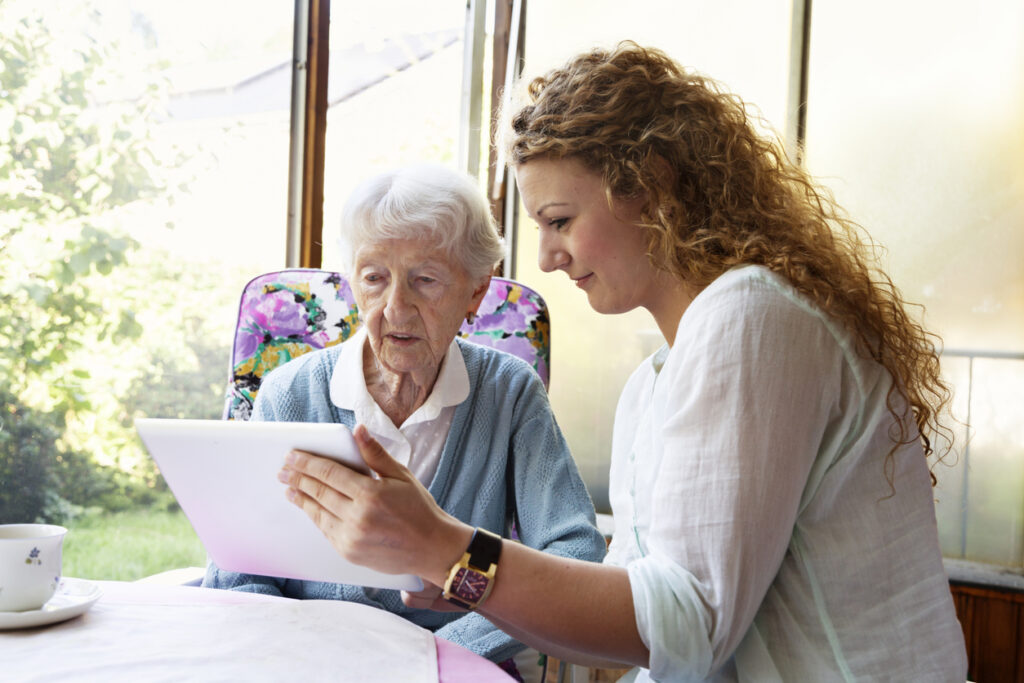As you may have heard, on August 18th, 2023, a state of emergency was declared in British Columbia. Due to a rapidly escalating wildfire crisis across the province as thousands of Canadians were displaced due to evacuation orders. This news comes on the heels of the shock we all experienced seeing the aftermath of the wildfire disaster that struck Maui. The historic town of Lahaina was destroyed within only hours.
These are scary and stressful times for everyone, especially for seniors who may have dementia and/or mobility and health issues, that make it harder to evacuate quickly and safely. That is why we at Sunshine Coast Senior Care want to share some tips on how to keep seniors safe and prepared for evacuation in the event of disasters like the current forest fires in Kelowna.
- Learn about what kinds of disasters are most likely to affect you and your family based on where you live; in British Columbia, this could include wildfire, tsunami, earthquake, etc… Create an emergency plan with your loved ones and their caregivers. Choose a contact person who will check in during a disaster and decide how you will communicate with each other (e.g., by phone, email, text, etc.). Consider speaking with your neighbors about developing a check-in system together. Create a list of contact information for family members, friends, doctors, pharmacies, and other important people or services. Leave a copy by your loved one’s phone and include one in their emergency supply kit.
- Create an emergency supply kit. The kit should contain enough food, water, and other supplies to last for at least 72 hours. It should also include items specific to each person’s needs, such as medications, medical supplies, hearing aids, glasses, etc.
- Create a care plan and keep a copy in the emergency supply kit. The care plan should include information about health conditions, medications, allergies, dietary needs, etc. It should also include contact information for healthcare providers and instructions on how to access medical records.
- Have an emergency backup plan. Sometimes, despite your best efforts, things may not go according to plan during an evacuation. For example, you may not be able to reach your family by phone, or the roads may be blocked or congested, especially on the Sunshine Coast with travel limited by the ocean and ferries. In such cases, it’s important to have a backup plan that covers different scenarios and contingencies. For example, you may have a designated meeting point where you can reunite with your loved ones if you get separated, or an alternative route that you can take if the main one is inaccessible.
If you are interested in learning more about our in-home care services or want to book a free consultation with us, please visit our website or call 1-888-383-4569. We are here to help you and your senior loved one stay safe and comfortable during these challenging times.

